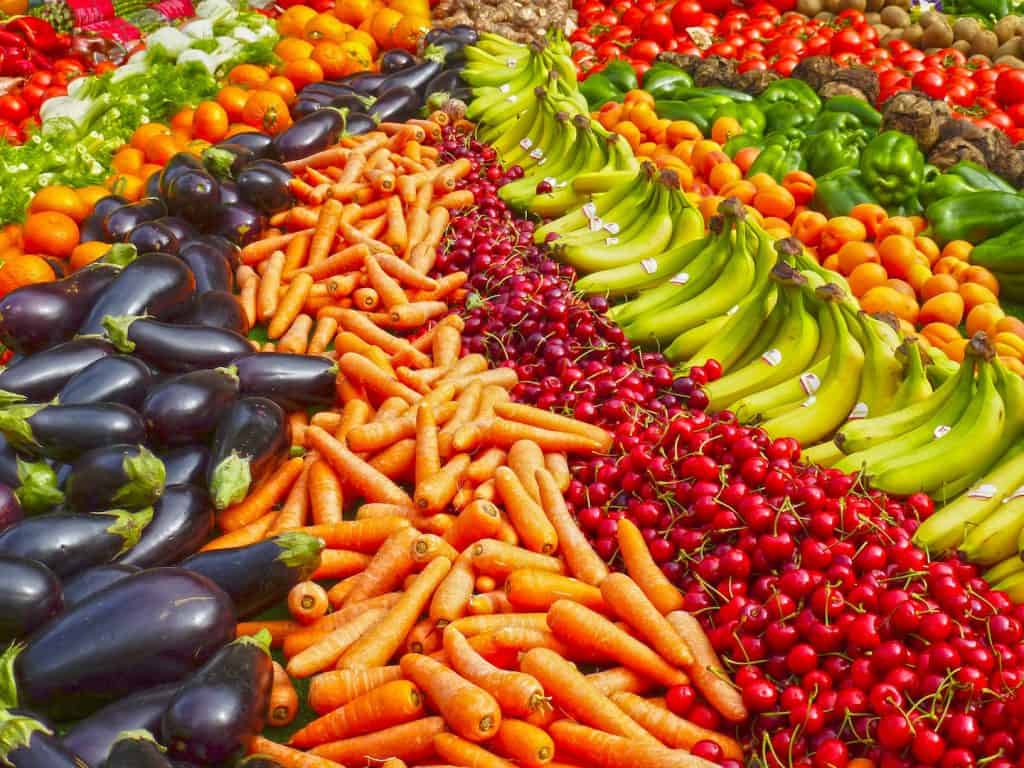
800 million people are under-nourished and a further two billion are micronutrient deficient
Against the backdrop of hundreds of millions suffering from undernourishment, billions more starved of essential micronutrients and, in sharp contrast, a pandemic of obesity, delegates from around the world will gather in Cape Town from 3-6 December 2017 for the 3rd International Conference on Global Food Security.
Hundreds of food scientists, social scientists, students, state representatives and members of major international organisations, among many other delegates, are scheduled to travel to the Cape Town International Convention Centre (CTICC) for the event. The conference will be hosted by Elsevier, the Dutch-based information and analytics company, in association with the Department of Science & Technology-National Research Foundation Centre of Excellence in Food Security (CoE), co-hosted by the University of the Western Cape (UWC) and the University of Pretoria (UP).
The conference is themed Global Challenges, Local Solutions and Connected Pathways. Minister of Agriculture, Forestry and Fisheries, Mr Senzeni Zokwana, will speak at the opening of the conference on Sunday, 3 December, while Minister of Science & Technology, Ms Naledi Pandor, will deliver the official opening address on Monday, 4 December.
The predicament facing the world is dire, says UWC’s Professor Julian May, director of the CoE and member of the conference organising committee. Globally, 800 million people are under-nourished and a further two billion are micronutrient deficient. At the same time, two billion are estimated to be overweight or obese, bringing its own personal and public health challenges.
For countries like South Africa, this triple burden of malnutrition poses special challenges. The vast majority of the world’s hungry live in developing countries. Southern Asia faces the greatest hunger burden, with about 281 million undernourished people, while the undernourishment rate in sub-Saharan Africa is said to stand at around 23%.
“We now know that malnutrition – which includes both over- and under-nutrition, and micro-nutrient deficiencies – is the top contributor to the global disease burden, but it’s a complex issue to unpack and, sometimes, even to understand,” says May. “What this conference allows us to do is bring together as many of the leading global experts to discuss and share ideas on, on the one hand, how best to intervene to improve people’s access to food and the quality of the food that they’re eating; and on the other hand, curb the obesity pandemic affecting children, adults and, ultimately, countries’ public health services.”
Reflecting the complexity of the problem, and the intersecting solutions that would likely be required, the programme has been arranged around five core themes. These are (1) food creation, (2) food safety and bio security, (3) food loss and waste, (4) food in a changing society, and (5) food utilisation. Each theme will overarch its own series of core aspects, sub-themes, and cross-cutting issues, and will also be aligned with one or more Sustainable Development Goals.
Understandably, this rich palette of discussions will make for a dense and rich programme, explains UP’s Professor Lise Korsten, co-director of the CoE and Conference Chair.
“We have this amazing opportunity to have all these scholars and practitioners and policymakers under one roof, and so we hope to maximise the platform and get them to speak to each other as much as is possible in a four-day meeting of this scale,” says Korsten. “But obviously with all such meetings, what we really want to do is spark collaborations and networks, so that the interactions continue well after the conference. We know we’re not going to solve the issue of world hunger, and obesity, over one conference, but we hope we can contribute to the solutions.”
Access programme outline here – please note: the programme is subject to change



